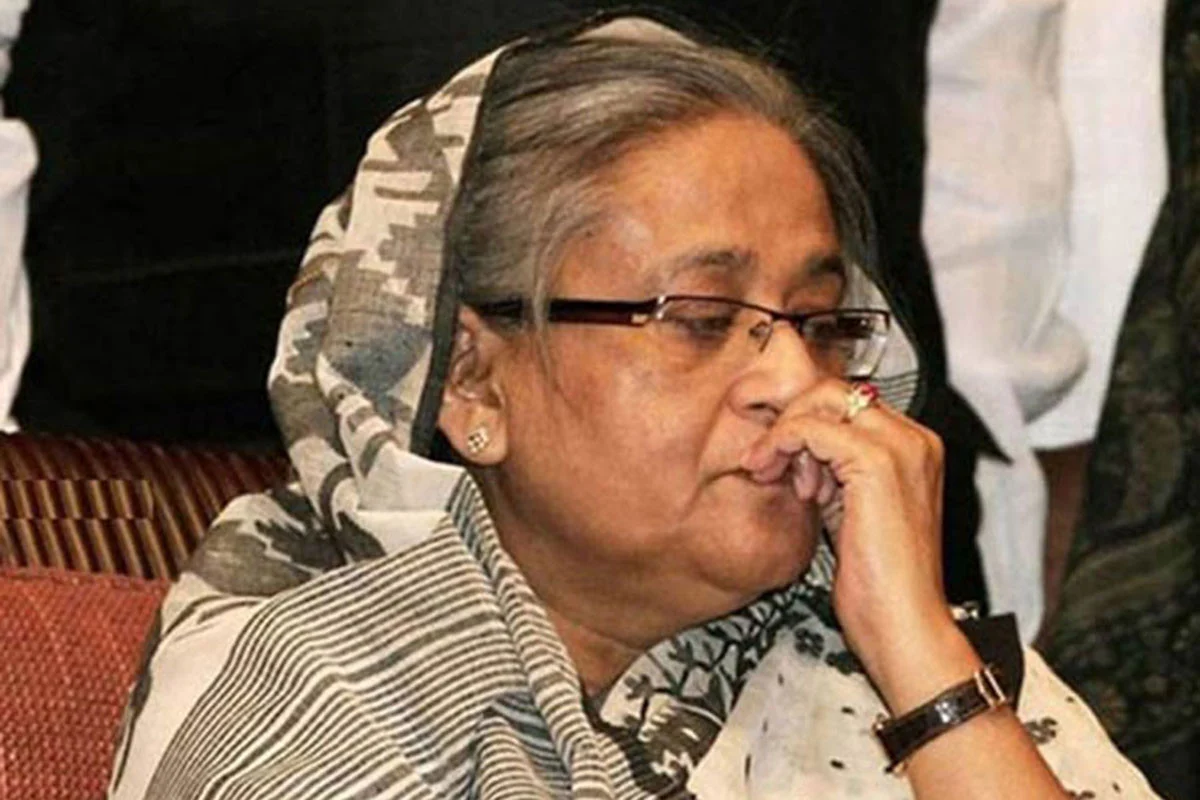$234 billion laundered from Bangladesh during Sheikh Hasina’s tenure
During the rule of the government led by the autocratic Sheikh Hasina from 2009 to 2023, about $234 billion (about 25 lakh crore taka in Bangladeshi currency) was laundered from Bangladesh.
The influential British daily Financial Times claimed this in a report. This information was revealed in the investigative documentary ‘Bangladesh’s Missing Billions: Stolen in Plain Sight’ released on Friday. It highlights the statements of economists, politicians, businessmen and activists.
The documentary mentions that during Sheikh Hasina’s 15-year rule, an average of about $16 billion was laundered from the country every year. The main methods of money laundering are: over-invoicing and under-invoicing (showing the price of goods inflated or lowered), sending money through hundi, and investing in property abroad, especially in the UK.
The Financial Times said that the UK has become one of the centers of money laundering. Huge investments have been made targeting the financial sector and real estate market in London.
The documentary also names Sheikh Hasina’s sister Sheikh Rehana and her daughter Tulip Siddique. Although Tulip Siddique is a UK Labour Party MP and former minister, the report claims that she had to leave the ministry after a corruption case. However, the charges are still pending and no official comment has been received from them on this matter.
The documentary also says that former Bangladesh Land Minister Saifuzzaman Chowdhury has more than 300 properties in the UK. Of these, the British Crime Suppression Agency (SCA) claims to have already seized about 350 properties.
It is alleged that during the Hasina government, banks were taken over with the help of military intelligence. Many directors were forced to resign at gunpoint and thousands of crores of taka were laundered abroad through fake loans.
Currently, no official response has been received from the interim government on this matter. However, multiple sources said that the investigation is underway with international cooperation to prevent money laundering.
Many economists and analysts say that it will be difficult to return such a large sum of money, but it is possible if there is international cooperation and political goodwill. On the other hand, pro-government figures have claimed that such information is politically motivated. Source: Financial Times




